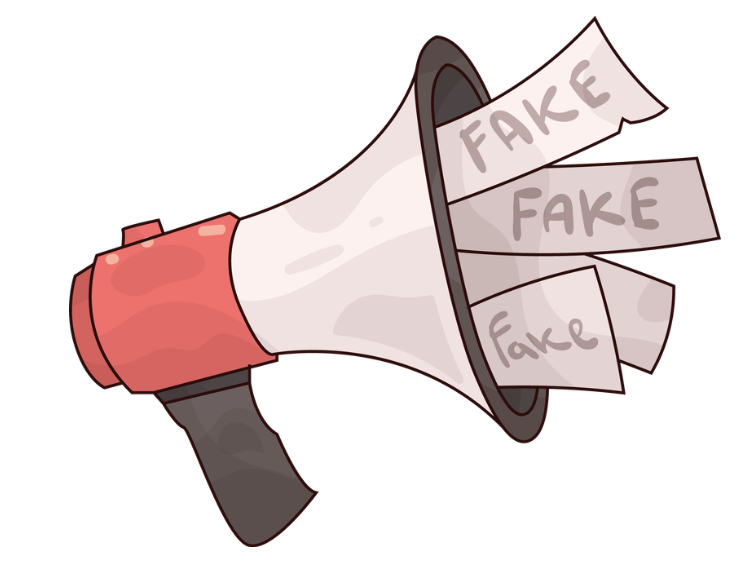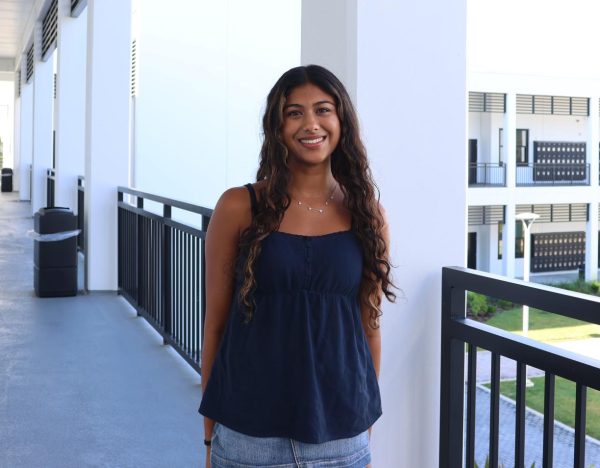These days, it feels like there’s a new viral trend every time you open your phone. One minute, it’s a new TikTok dance taking over your feed. The next, it’s someone cooking chicken in NyQuil. The internet moves fast, and it’s easy to get caught up in the chaos. But while we’re all busy scrolling, something important is getting left behind: media literacy.
Essentially, media literacy involves knowing how to distinguish between what is real and what is not online, and it’s becoming a lost skill. Many of us spend hours a day on the internet, but that doesn’t always mean we know how to identify fake news, understand biased content or recognize when something is satire. And that’s a problem.
Students’ schoolwork often involves research; if you don’t know how to tell which sources are legitimate, your whole project can fall apart. It’s not just about Googling the right thing; it’s about knowing what information you can trust and what you should skip.
AI tools make this even trickier. Sure, they can help you brainstorm or organize ideas, but a lot of people are using them to do their research, and that’s risky. AI doesn’t always get things right. It can make up sources or give outdated information, and if you’re not careful, you could end up turning in something that sounds smart but isn’t accurate at all.
When we don’t learn how to think critically about what we see online, it’s easy to fall into the trap of believing stuff that just isn’t true. That can lead to a bigger issue: people rejecting science, facts, or even the value of education altogether. And when that happens, everyone loses.
This is already prevalent in the elderly generation. How many times have you heard your grandparents say something extremely incorrect and preface it by saying, “But I found it on the internet!” However, it’s not their fault that quite literally the first thing that comes up when you Google something is the ever-unreliable AI overview.
That’s why media literacy needs to be a larger part of the education system. We need to learn how to fact-check, spot bias and understand how online content is made and shared. It’s not just about doing better on assignments, it’s about being smarter online and in real life.
So next time you’re scrolling past a wild headline or using AI for homework, take a second to ask: “Is this legitimate?” The more we practice thinking critically, the better prepared we’ll be for school and everything that comes after.



